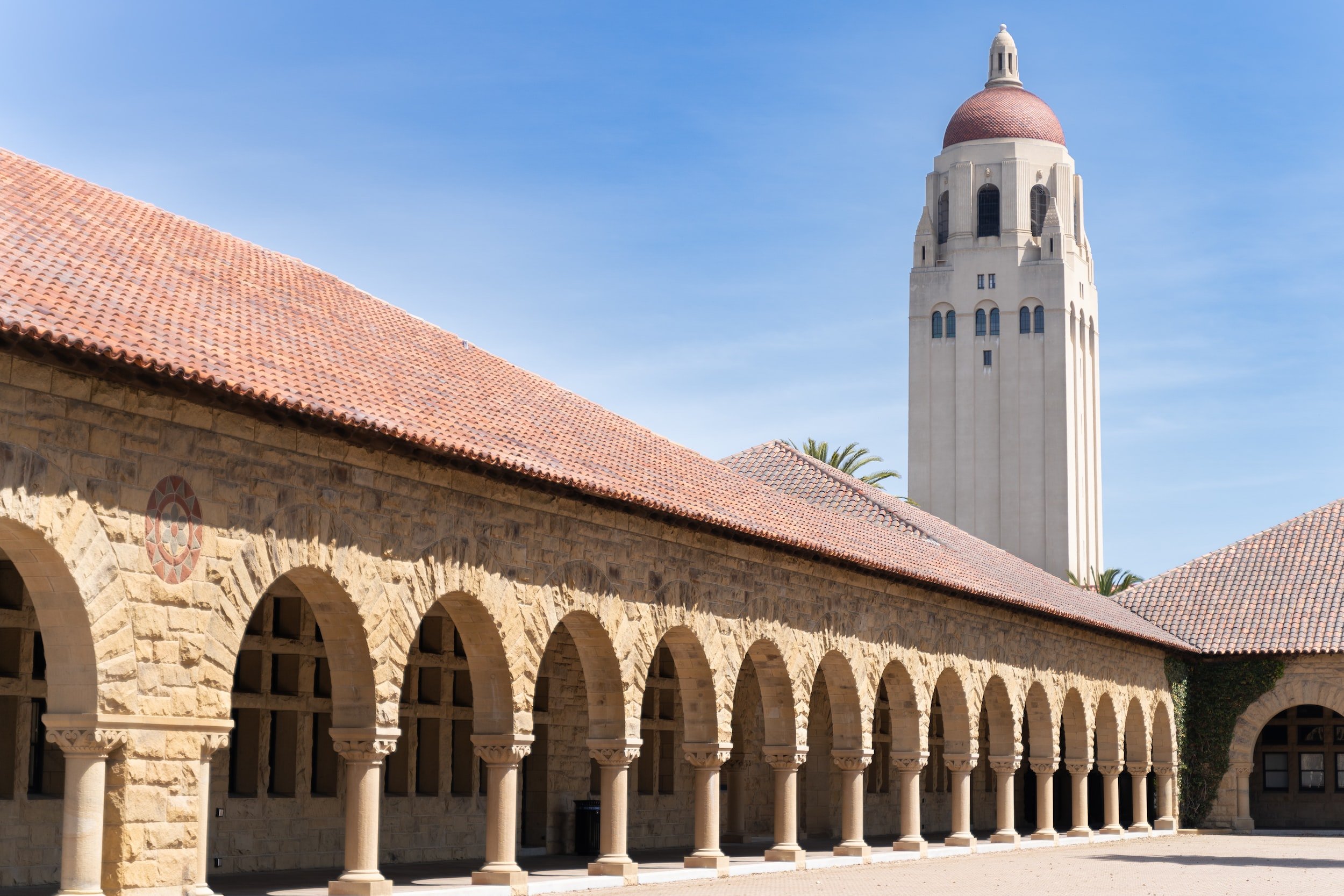
“On taking Hoover’s helm, among my top priorities was expanding the knowledge and impact of Hoover scholars and their work within Washington’s intellectual, journalistic, and policy circles. I recruited the White House Writers Group to help. Working closely with my team, WHWG became instrumental in developing and executing new and creative approaches to high level intellectual and policy communications, giving Hoover unprecedented influence.”
John Raisian, Director (i.e. CEO), Hoover Institution, 1989-2015
For a decade and a half starting in 1995, WHWG helped the Hoover Institution move from a producer of monographs, in-house symposia, and scholarly books to the master modern communications that it is today.
The birth of streaming:
Leading this transformation was Hoover’s television interview and discussion show, Uncommon Knowledge. Hosted by Hoover Fellow and WHWG co-founder Peter Robinson, the program was produced at the the San Jose Public Television station, KTEH, the only station that aired it. Our job was to sell more stations on carrying it. By mid-2002, 80 Public Television stations did, but much was changing.
With the nation’s telecommunications systems installing fiber optic cabling, bandwidth was on its way to abundance. As we learned more, we saw that Hoover could do more. Soon Hoover was posting the show on its website.
Meanwhile we persuaded tech-visionary George Gilder and his team to let us (on our own dime) produce and stream pay-per-view coverage of his early 2001 conference at the Laguna Nigel resort in Southern California. It became the largest grossing streaming production to that time and taught us lessons that we took back to Hoover.
To better reach Washington, DC policy makers and East Coast media (since the show was NOT running on any station in the DC market), WHWG began a test program using broadband as a substitute for broadcasting. In early February 2002, we started an e-mail campaign designed to build an audience for the streaming video of Uncommon Knowledge programs posted on the show’s website.
Every other week we sent an email to a list of nearly 3000 journalists, think tank scholars, law firms, lobbying offices and Capitol Hill and White House Administration officials. It included Hoover’s description of the episode and a link to the corresponding page on the website. Soon larger sites, notably the Wall Street Journal’s Opinion Journal page, were picking up our emails and posting the links.
By 2005 all involved with the program were questioning the relationship with Public Television. WHWG recommended an end to broadcasting the program and committing to the net entirely. Broadcast television was yesterday, we said. The more completely Hoover made an early commitment to net-based programming, the farther ahead it would be when the technology matured and others started rushing into it.
In the years that followed, WHWG developed new methods for building Uncommon Knowledge’s web-based audiences. We learned that our methods were regarded as the standard for others to follow. By 2010, when Hoover took its communications functions inside and we parted ways, Uncommon Knowledge was drawing half-a-million viewers per episode.
Uncommon Knowledge with Peter Robinson now stands as one of the nation’s longest running and most respected streamed programs.
Our work for Hoover reached well beyond developing its online presence.
Dinners v. Conferences:
Management wanted Hoover scholars to have greater exposure in Washington. Many were already known in Washington and policy circles, but for their individual scholarship or prior government service, not under the banner of the Institution.
An initial attempt at a traditional conference failed. Panels of scholars delivered papers and talked among themselves from the stage of an almost empty conference room in a posh hotel. The audience was mostly homeless escapees from a winter freeze. We pointed out that so long as Hoover had no permanent presence in the city, these kinds of events were bound to be hit or miss, at best.
We suggested starting a program of elite dinners. Invitees would be from the highest Washington policy circles interested to the Hoover perspective: current and former high government officials, senior journalists, prominent attorneys, writers, and scholars from other institutions. These would be invitation-only evenings hosted by the director or other senior Hoover management. A Hoover scholar would be the featured guest. At a reception beforehand and, after taking assigned seats, guest would talk among themselves. Once the main course was done and dessert served, the featured guest would speak for fifteen minutes or so. The other guests would then ask questions and debate the issue of the evening.
From their launch, these Hoover dinners ranked among Washington’s hottest tickets.
When the Institution decided to establish a permanent center in the capital city, we recommended a real estate advisor, who remains the Hoover’s Washington real estate advisor to this day.
Scholars on major media:
When they spoke of media, most Hoover scholars thought of books, academic journals, and op-eds. They put a low priority on and were even hostile to appearing on broadcast media, traditional television, in particular.
One reason was that making an appearance required a drive to San Jose or San Francisco. We recommended installing a remote camera on the Hoover campus, which eventually happened.
But that was not enough. Attitudes had to change. One senior fellow told us that PBS’s News Hour (then hosted by Jim Lehrer and among the most respected and influential broadcast news program in the nation) had tried to book him for a major interview. But their schedule conflicted with his student-visiting office hours, so he declined.
Shortly after that conversation, we proposed and received approval to survey Washington-based think tanks on the question: How did they motivate their scholars to embrace popular media? The answers ranged from performance criteria in employment contracts to cash bonuses, some of which were at odds with the policies of Stanford University, of which Hoover was and is a part.
In the end the problem was solved, in the short term as a result of reforms that followed directly and indirectly from our report, but ultimately by the arrival of a new generation of scholars, as well as technology that enabled broadcast quality interviews via a laptop or mobile phone.
